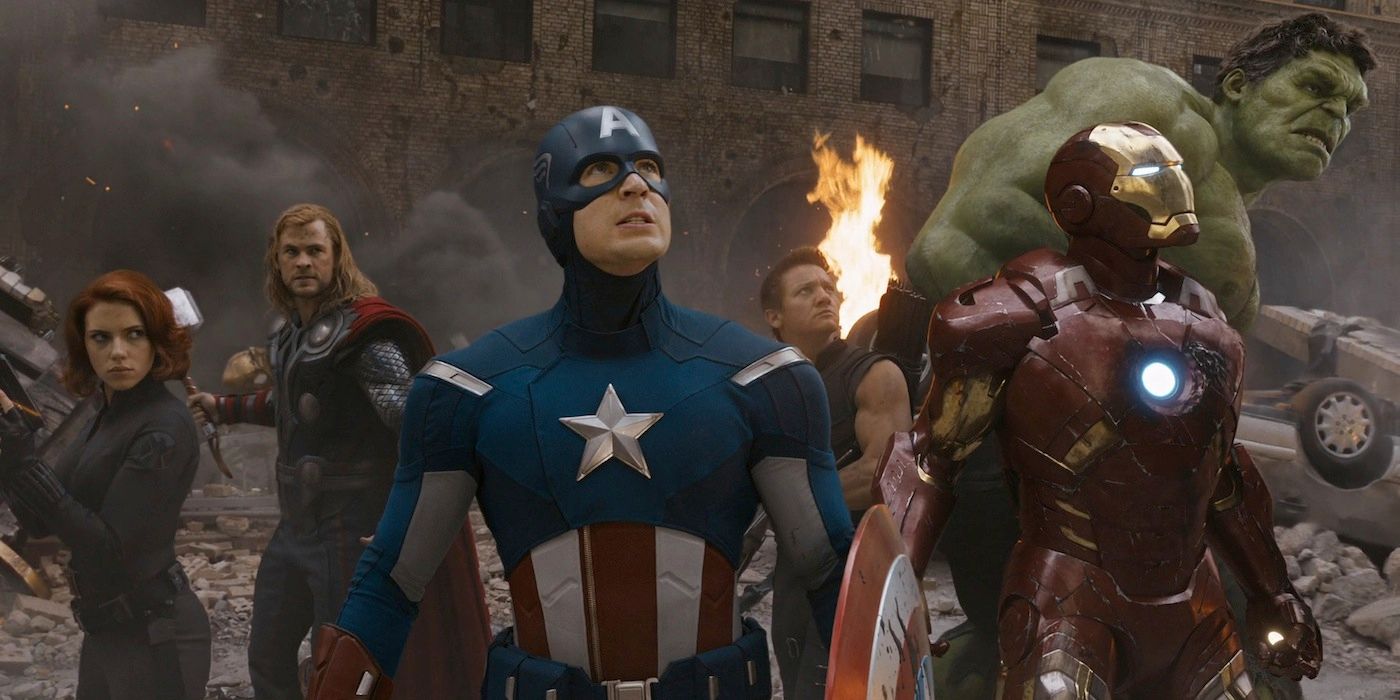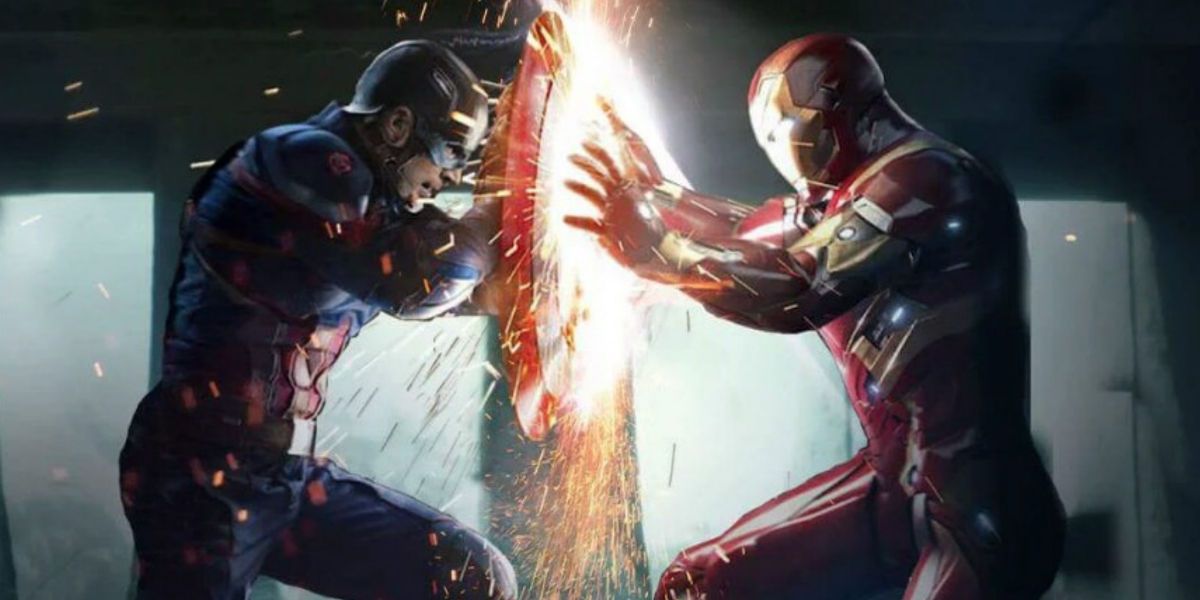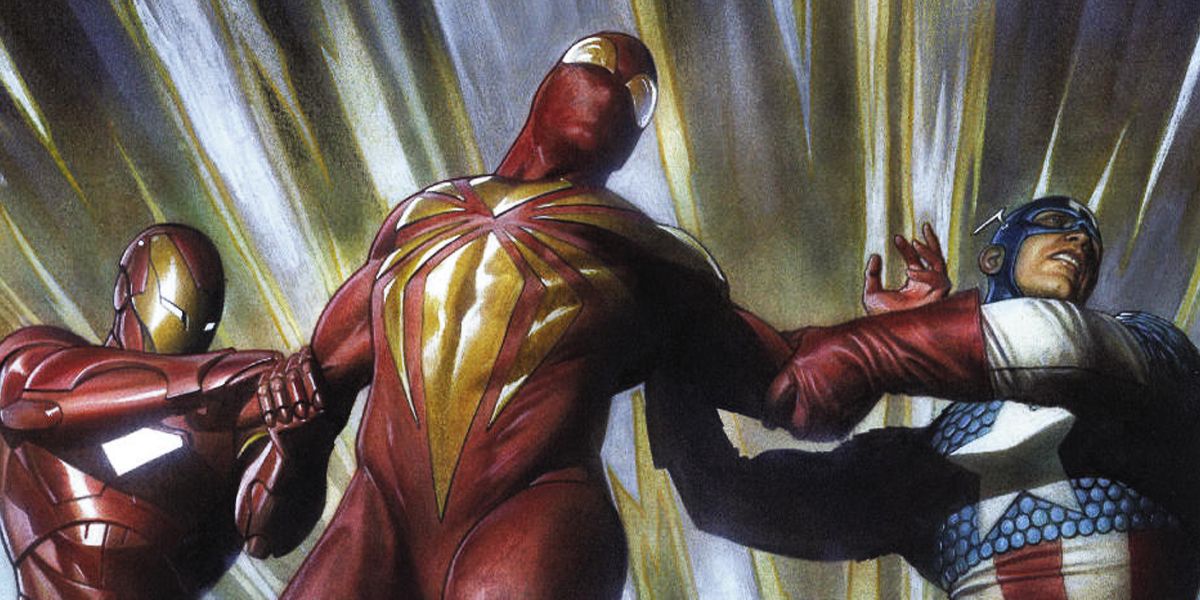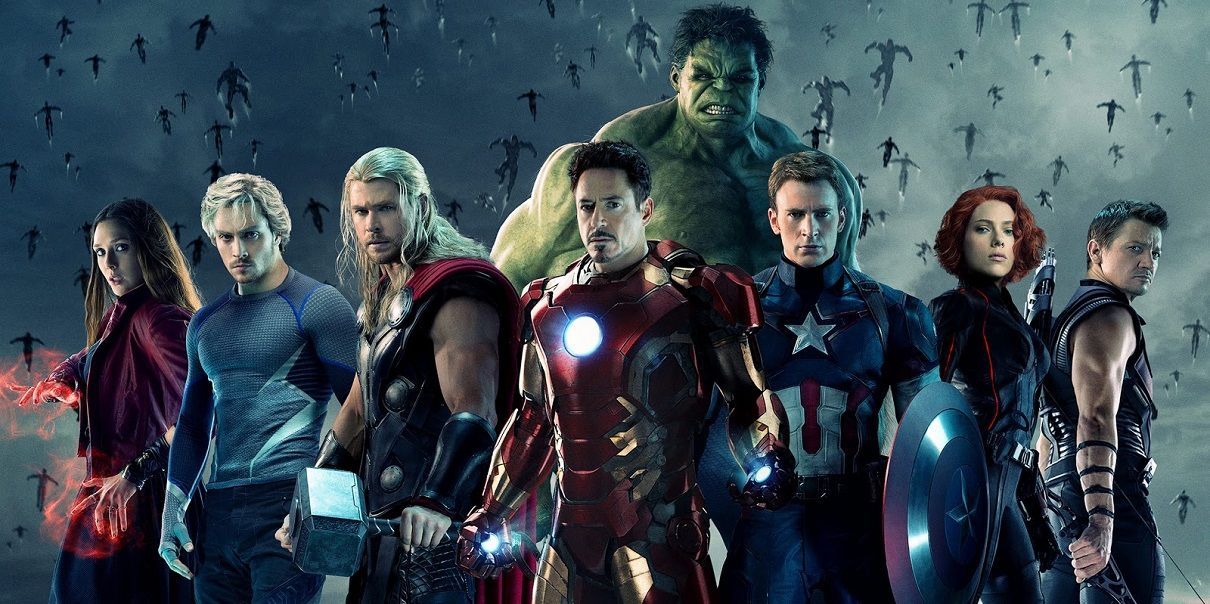"Formula," as it relates to observations of storytelling techniques, probably didn't start out as a negative criticism. The use of the word formula to describe a reliable sequence of actions implies a certain level of benign harmlessness in the idea - a sense of neutrality associated with the scientific method as opposed to the more emotive connotations of "recipe," "concoction" or "scheme." But it became one, as media-analysis in the form of popular-entertainment criticism moved from academia to mainstream journalism in the early 20th century, and by the time film critics in particular were popular enough to get their own TV shows and catchphrases in the 1980s, much of the popular culture had well and truly absorbed the idea that being able to recognize a familiar story-structure in a work was a flaw (in the work) in and of itself.
On the one hand, this was hardly an overall bad thing. As neutral an endeavor as formula plotting may be, a little originality seldom hurt anyone either. The ability of an increasingly media-literate audience to recognize and be "turned off" by overly familiar story beats played into the rising popularity of cinematic voices like Robert Altman, the Coen Bros and Charlie Kaufman, who often took working outside of traditional story structure as a personal challenge. And it isn't like observing patterns hasn't been part of media awareness all along, with literary analysis often working outward from the so-called "big five": Man vs. Man, Man vs. Nature, Man vs. Society, Man vs. Technology and Man vs. Self.
But the Internet has a way of turning any worthwhile endeavor into a slog through a muck of smart-alecky self-importance, and media analysis is no different. Far from its original promise of "democratizing" the distribution of information, talking about formula-storytelling in the age of TV Tropes, YouTube and IMDb all too often means grappling with entertainment subcultures for whom the old saying about "missing the forest for the trees" appears to have been adopted as a mission statement by "critics" more interested with proving that they know the internet nickname for every plot point than relaying why their use is at all meaningful.
The latest most popular target for this sort of pop-pedantry is the Marvel Cinematic Universe, which in under a decade has gone from being something new and unique to something... well, still pretty unique but now very much established as a benchmark much of the rest of blockbuster filmmaking aspires to. Near-constant success (the MCU cycle has yet to produce an outright box-office failure or particularly unanimous critical dud) breeds jealousy within the industry, but within a popular culture obsessed with a social-media aggregated version of empiricism it breeds an attempt to crack the "code" behind it - particularly for those who find themselves on the outside of something the popular culture has widely taken a shine to. If you're not seeing the appeal, it must be some sort of identifiable marketing sorcery that's winning everyone else over.
This has been exacerbated by the unexpectedly negative reception of the first attempt to launch a legitimate "rival" to the MCU's presence in Batman V Superman: Dawn of Justice, which was savaged by many film critics, received with less enthusiasm than expected at the box-office and (fairly or not) invited frequent negative comparisons to its Marvel counterparts. The supposed "formulaic" nature of said counterparts, then, has become a favorite pushback in the culture-wide discussion of what to make of the so-called DC Extended Universe's future; and as Marvel/DC arguments go it's not a bad one: "Batman V Superman may be flawed, but at least it's trying to do something different."
The problem with the kind of superficial analysis that typically defines a fixation with movie "formulas" is that it often ignores the line between the cultivation of an aesthetic and the adherence to a schematic. Movie studios establishing a brand-identity is a time-honored tradition in Hollywood for good reason; it's why people know what you're talking about when you say "MGM musical," "Warner Bros. gangster movie" or "Disney family film."
It's that last model that Marvel operates most in the tradition of, and why it was almost cosmically appropriate that the company (whose filmmaking arm started out as an independent venture with a distribution deal through Paramount Pictures) would become part of the Mouse House itself. Just as "Uncle Walt" made his ubiquitous signature a sign that denoted "high-calibre family entertainment," while making films across dozens of genres, Marvel has spread its superhero characters through myriad genres (techie action-comedies for Iron Man, fantasy for Thor, a period war movie and two political thrillers for Captain America) and successfully expanded into non-superheroes (Doctor Strange barely meets the definition, nor do the Guardians of The Galaxy) by establishing a unifying thematic identity with audiences.
In other words, that familiar red logo isn't simply saying "we made this movie," it says "this movie has that same ephemeral 'thing' you like about our other movies." And despite how easy it can seem to define that in terms of adherence to story formula, it's more about selling a governing sensibility that exists "above" the story - or the genre. The "Marvel brand" is about guaranteeing audiences witty, likable protagonists, storylines that stress inward conflict and/or personal struggle, and a careful balance between the most reliable elements of the original comics and present-day storytelling sensibilities. That brand has proven popular enough with audiences that the Sony Corporation just dismantled and rebuilt much of its film division in order to earn its endorsement for the Spider-Man movies.
Yet that's not exactly a "formula," and neither is a familiar unifying theme. If it was, filmmaking operations more esteemed than Marvel would be facing the same type of accusations. Quick - how many Pixar movies does the following summary describe: "A seemingly comfortable but flawed situation is upended by an outside interloper whose presence unwittingly exposes deep problems, necessitating a journey that ultimately improves the original situation?" The answer is "a lot of them." So is that evidence of formulaic writing, or smart use of a familiar theme?
That's not to say that formula filmmaking doesn't exist, more that it traditionally describes a more rigid set of similarities - usually in service of a storytelling shortcut. The early James Bond films hewed to a reliable structure (you can almost set your watch to when 007 will encounter the good girl, the bad girl, the villain, the henchman, the death-trap, the backup-army for the big finish, etc.) because the film-to-film "innovation" was focused on gadgets and exotic locales. Friday the 13th and its descendants followed a blueprint so recognizable it's possible to make parodies of their parodies.
It's also not to say that Marvel is innocent of sticking with things that work. The studio loves its joke-punctuated action scenes, malleable magic MacGuffins that can mean anything from film to film (Loki's scepter was also part Infinity Stone? That seems somehow both overly-complicated and yet not complicated enough...) and by now they've all but perfected the idea of narratively-disposable supervillains (Ronan doesn't "need" to be interesting because the real conflict is whether or not The Guardians get over their personal hangups and act as a unit). And yes, Iron Man, Captain America, Ant-Man and The Hulk seem to be magnets for bad guys who fall into the "evil version of the hero" category.
Arguably, the closest Marvel comes to a film-to-film formula is a general approach to plotting that upends the typical view of "stakes" in action filmmaking. It's not an accident that Marvel films are all named after their respective lead figures - these are character-focused stories first and foremost, and everything else comes second. Making the main character(s) likable (or, rather, compelling enough to follow from film to film to semi-annual crossover event) is the focus, and the arc of the story is usually also the arc of character growth. Which mean, yes, the world can be on the verge of ending (as it typically is in these movies) and it's all just more opportunity for stunts and one-liners, because the drama is meant to be in whether or not the good guys overcome their personal demons and (where applicable) maintain their friendships. But, again, a recurring theme doesn't necessarily constitute a formula.
The funny thing about the seemingly futile search for a "Marvel formula" is that, truth be told, there actually is one - it's just not the "sexy" smoking gun that dedicated nit-pickers (or rival studios) want it to be, and neither is it the "just stick to the comics, duh!" self-flattery the fans often describe it as. When a filmmaking operation succeeds as much as Marvel has, both fans and detractors want to assign some kind of magical flourish to the story of how they did it. "Write good scripts, hire good filmmakers, have a clear vision and stick to it" sounds too mundane and general - never mind what it implies if you're in the same business and somehow not able to marshal the same success. "Start with the comics, but pay just as much attention to what the broader audience responds to" doesn't sound as triumphant for message-board self-congratulation. It's easier to assume that someone at Marvel (or Pixar, or whoever) has some kind of special sorcery to imbue their productions with, or some top-secret blueprint to follow.
That's the real irony at play here: The question that keeps being asked is "How does Marvel keep making this work?," when the question that needs to be asked is closer to "Why is everyone else somehow unable to?"





